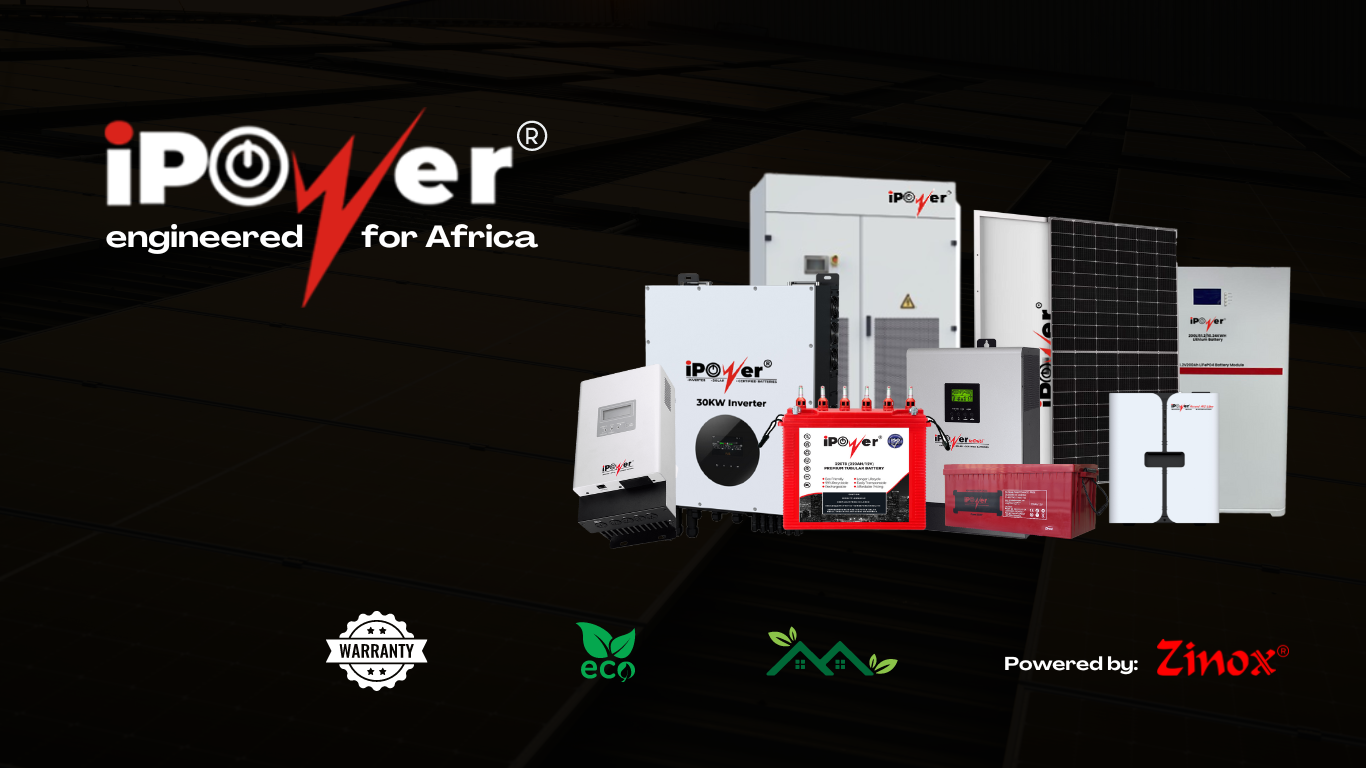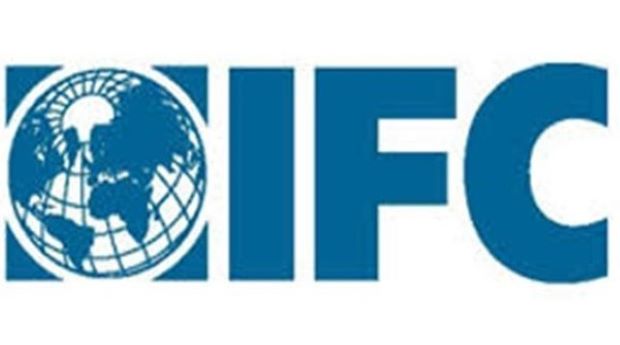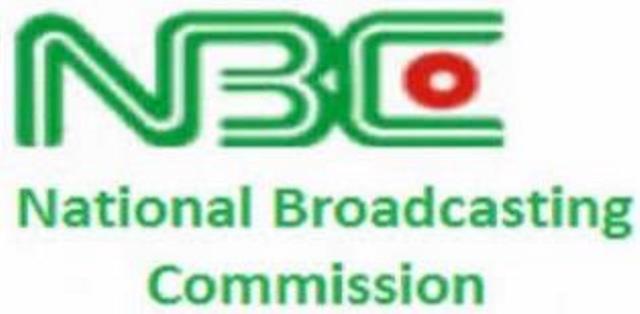Broadcasting
iPower Inverters: A Beacon of Hope in Nigeria’s Power Crisis

Finding a reliable power solution can feel like searching for a needle in a haystack.

As Nigeria grapples with its myriad of challenges, one issue that refuses to bow is uninterrupted power supply.
For many Nigerians, it’s a tale as old as time – the flickering lights, the endless queues for fuel, and the ever-present roar of petrol generators.
Dr. Patrick, a senior lecturer who relocated to Nigeria over two years ago, knows this struggle all too well.
Speaking to a group of students one afternoon about the challenges in Nigeria, he recounted his journey through different power-generating devices. “Nigeria is a land of promise but comes with its challenges,” he observed.
“One of the most frustrating issues is the lack of reliable electricity.
“Generators are a lifesaver, but with the steadily rising cost of fuel, many can’t afford to run them anymore.”
Dr. Patrick had his first brush with Nigeria’s electricity problem when he purchased a fuel-powered generator. The noise was unbearable, and getting fuel to refill it was a challenge on its own.
He soon abandoned it for inverters, but his luck there was short-lived. “I tried two different brands – I won’t name them,” he said, “but the first lasted only a few months, and the second didn’t even make it past four months before it conked out.
It led to a litigation, and at that point, I was disillusioned with the available options.”
Just when hope seemed lost, a student introduced Dr. Patrick to iPower.
Initially skeptical, he was intrigued by the student’s claim that his father ordered his on Konga had been using the same iPower inverter for several years without any issues. With cautious optimism, Dr. Patrick decided to give iPower a shot. Seventeen months later, he still sings its praises.
On researching iPower, Dr. Patrick discovered the product’s rigorous development process, with experts from five countries and the Nigerian technology giant Zinox combining forces to bring it to life.
It was evident that this was not your average product, but rather one built with precision, expertise, and the end-user in mind.
The specifications of iPower are impressive: it boasts a rated power of 5KVA/5000W, a pure sine wave inverter, surge power of 10000VA, and an input voltage of 230VAC ±5%. iPower’s 5kva outperforms the 10kva of the inferior brand Dr. Patrick had used.
Its smart battery charger optimizes battery performance and allows for selectable charging current, depending on the application.
These features ensure that iPower not only performs exceptionally but also lasts far longer than its competitors.
Dr. Patrick firmly believes that more brands in Nigeria should follow iPower’s example.
“We deserve better than the substandard products being dumped on us. Nigerians want quality, and iPower has proven that it’s possible to deliver.”
iPower inverters have proven to be a game-changer for Dr. Patrick and countless other Nigerians. With their exceptional performance, reliability, and advanced features, they offer a much-needed solution to the country’s power challenges.
As more people discover the benefits of iPower, it is poised to become a leading choice for home and business power solutions in Nigeria. If you are wondering where to purchase iPower inverters, batteries, or solar panels, you can find it on konga.com.
Broadcasting
IFC Strengthens Support for Africa’s Creative Economy with Investment in Filmmakers Market

To enhance access to production services in Africa’s film and entertainment industry, IFC announced an investment into Filmmakers Mart (FMM), Africa’s first integrated digital production platform.

FMM connects creatives to essential production services including location scouting, logistics coordination, catering, and permit acquisition through a centralized system.
It replaces fragmented service sourcing with a cost-effective, time-saving model, using AI-powered tools and automated workflows to enhance service quality and ensure access to vetted providers and filming locations.
IFC’s investment will support FMM to expand from its current markets in Nigeria, Kenya, Ghana, Morocco and South Africa into new markets. It will also fund the development of new platform features, including subscription models, post-production tools, and training programs designed to serve a growing community of creators.
The partnership will help strengthen Africa’s creative economy, helping creative professionals overcome the access to market barriers faced by so many on the continent.
This marks IFC’s first investment in Nigeria’s audiovisual sector and its first co-investment with Sony Innovation Fund Africa.
“We’re building the operating system for the creative industries in emerging markets; an ecosystem of interconnected tools and services designed to eliminate friction, unlock collaboration, and scale access to opportunities for creatives and entertainment businesses,” said Eric Kafui Okyerefo, CEO, Filmmakers Mart.
“Having IFC and Sony Ventures as strategic partners strongly validates this vision. Their support enables us to deepen our impact, expand globally, and continue solving the structural challenges faced by storytellers and producers in these markets.”
Sony Innovation Fund’s investment will provide FMM with access to its global network and industry expertise in content distribution, helping the platform strengthen its market position.
“At Sony Innovation Fund, we are committed to supporting technologies and platforms that empower creators and drive its growth,” said Antonio Avitabile, Managing Director, Sony Ventures, EMEA. “Filmmakers Mart is addressing real infrastructure gaps in Africa’s production ecosystem with a smart, scalable solution. We’re proud to partner with IFC on this investment, and excited to help FMM unlock new opportunities for the region’s vibrant creative community.”
“Africa’s film and entertainment sector is brimming with talent, but talent alone is not enough. It needs the right tools, platforms, and investment to thrive,” said Dahlia Khalifa, IFC Regional Director for Central Africa and Anglophone West Africa. “Our partnership with Sony to support Filmmakers Mart reflects IFC’s commitment to harnessing technology and innovation to support Africa’s creative industries and help scale opportunities for the next generation of storytellers across the continent.”
This partnership, which is helping more women, young people, and underrepresented groups earn incomes and grow sustainable businesses within the digital creative economy, bolsters IFC’s broader aims to create jobs, foster inclusion, and support digital innovation across Africa.
Broadcasting
5 Reasons Why Payroll Outsourcing Might Be the Smartest Move You Make

Accurate and timely payroll impacts costs, tax compliance, and employee morale. Many organisations assume that insourced payroll is inherently superior. Yet in today’s dynamic business environment, this assumption can be more costly. It can burden valuable personnel, increase compliance risks, and saddle organisations with expensive, yet obsolete, software.

Workplaces are becoming more complex through a wide variety of employment conditions, frequent regulation changes, and growth risks (especially when operating in multiple regions). Payroll systems don’t always keep up, which is why over a third of companies are dissatisfied with their internal payroll systems.
“The importance of accurate and timely payroll is undeniable. But assuming that insourcing payroll is inherently superior misses the mark. In today’s dynamic business environment, clinging to outdated internal systems is costly, diverts valuable personnel, and complicates software management,” says Heinrich Swanepoel, Head of Business Development at Deel Local Payroll, powered by PaySpace.
Outsourced payroll’s strategic advantages
Outsourcing payroll is a strategic move that adds scale and flexibility to an organisation’s operations. Whether it’s for five or five thousand employees, one office or multiple countries, using an experienced and technologically capable outsourced payroll provider creates crucial advantages in workforce management and adaptability.
Here are five key reasons why payroll outsourcing is a game-changer:
- Remove Legacy System Limitations and Costs: Outdated payroll software an expose you to delays, errors, and fragmented workflows. Outsourcing with modern technology provides flexibility. Providers can efficiently handle payroll tasks regardless of onboarding surges, market expansions, or workforce adjustments.
- Empower Staff for Higher-Impact Work: Outsourced experts add knowledge, coupled with payroll automation, secure collaboration tools, data integration, and enhanced financial visibility. They help key personnel in payroll, HR, and finance to focus on strategic, high-value priorities.
- Navigate Payroll Compliance: Outsourcing specialists make it their business to know local and international tax rules, labour laws, and data regulations. They use software with built-in compliance checks, audit trails, and secure document tracking. The provider shares and even inherits the responsibility of payroll software compliance such as GDPR, POPIA, SOC 1 & 2, and ISO 27001.
- Flexible payroll management: Outsourced payroll providers use scalable and flexible software to align with organisational changes, enabling their clients to adapt without reconfiguring payroll departments with restructuring or new hires.
- Access Advanced Features: Keeping up with new features and aligning them with operations is expensive and disruptive. Outsourced payroll providers introduce cutting-edge technologies like cloud computing, artificial intelligence, and data analytics as part of their core business strategies. They offer seamless integration with client business systems for real-time, fully compliant payroll operations that the client controls without adding technical risks.
Evaluating an outsourced payroll partner
Outsourcing payroll creates huge advantages. But not all outsourced payroll providers are the same. The best candidates combine human expertise with the advantages of modern cloud-native payroll platforms.
To evaluate a provider, test their payroll expertise and compliance knowledge. Security and data protection are non-negotiable, and assess their track record with other clients. Look at what software they use—the capabilities of the software and how well their people can use those features are as important as the staff’s professional capabilities. Are they masters of their tools as well as their craft?
Interrogate their service levels and how they extend capabilities to clients, such as self-service and ad hoc reporting. Evaluate the technology platform in terms of real-time data access, automated calculations, integration with HR and accounting tools, and compliance.
“Outsourcing payroll isn’t just about saving time — it’s a strategic move that positions your business for growth, compliance, and agility,” says Swanepoel. “With the right partner, you can reduce costs, streamline operations, and focus your energy where it matters most: on your people and your business.”
Broadcasting
Idris, Information Minister Says Only NBC can Suspend Broadcast Licences

Mohammed Idris, minister of information, has reacted to the closure of Badeggi FM radio station in Niger state.

Mohammed Idris, minister of information,
On Friday, Umar Bago, governor of Niger state, ordered the commissioner of police to seal off Badeggi FM radio station over alleged incitement of violence.
A statement by Bologi Ibrahim, chief press secretary to the Niger governor, said the “daily activities of the radio station have been unethical”.
“Governor Bago also accused the owner of the station of incitement of the people against the government and directed that the license of the radio station be revoked,” the statement reads in part.
Reacting in a statement at the weekend, Rabiu Ibrahim, special assistant (media) to Idris, said the ministry has noted concerns raised by stakeholders in the media industry over the governor’s directive.
Idris said the National Broadcasting Commission (NBC) has the legal authority to suspend or revoke broadcast licences.
“While acknowledging the concerns raised, the Ministry notes that the suspension of broadcasting licenses falls within the purview of the National Broadcasting Commission (NBC), as stipulated by law,” he said.
“In light of this, the Ministry welcomes the decision of the Niger State Government to formally report the perceived “unethical behavior” of Badegi FM to the NBC for resolution.
“The Minister appeals to all parties to remain calm, assuring that the NBC has the necessary mechanisms to resolve the issue in a fair and impartial manner.”
According to the information posted on its website, Badeggi Radio 90.1 FM, Minna, is a private radio station established in 2020 by Shuaibu Badeggi.

 General News3 days ago
General News3 days agoNOA Warns of Fake N1000 Notes in Circulation, How to Identify Them

 Telecom3 days ago
Telecom3 days agoMTN @ First-ever CED, Pledges to Address Subscribers’ Concerns

 E-Financial3 days ago
E-Financial3 days agoWest Africa Emerging as Crypto Adoption Epicentre- SEC Boss

 Telecom2 days ago
Telecom2 days agoNCC to Sanction Operators over Regulatory Violations

 General News3 days ago
General News3 days agoNCC, IHS Towers Lead Others To NITRA-ALTON CNII & Telecom Sustainability Conference 2025

 Telecom3 days ago
Telecom3 days agoAirtel Nigeria Raises Infrastructure Spending to $39m

 General News2 days ago
General News2 days agoCustoms Ditches Fast Track Scheme for Authorised Economic Operator

 Broadcasting3 days ago
Broadcasting3 days agoGovernment of Ghana Slams MultiChoice, Insists on DStv Price Cut



























